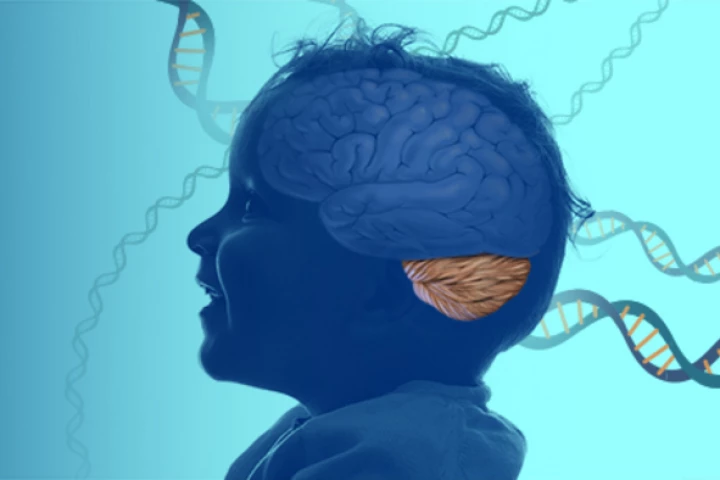Genome
-
The first draft of a human “pangenome,” mapping out DNA variations in our genes, has been published. Building on the existing reference genome by adding 1,000 new gene mutations and 120 million base pairs, it's crucial for future genetic research.
-
Scientists have reconstructed the genomes of microbes from the Stone Age, and used them to produce new molecules. The complex puzzle was pieced together from DNA fragments of bacteria on the teeth of ancient humans and Neanderthals.
-
A groundbreaking project has seen hundreds of scientists across the world uncover many mysteries of the evolution of mammals, work that may help us understand why humans are unique and what genetic changes may be key to some of our unique diseases.
-
A growing body of evidence has confirmed how much our susceptibility to mental illness is based in our genes. Now, researchers have found that depression is genetically sex-specific, opening the door to more tailored therapy than ever before.
-
It affects one in nine women, but endometriosis somehow remains undiagnosed for years and hugely misunderstood. Now, scientists have identified 25 new key genetic links to its development and its connection to other chronic pain like migraine.
-
It’s long been thought that migraine and blood sugar level issues have been related, but now scientists have identified that they're genetically linked, opening the door for novel therapies and even prevention strategies for sufferers.
-
Whole genomic mapping has offered scientists fresh insights into the behavior and development of Hodgkin lymphoma, and with new technology, the formerly expensive process could become fast, easy and accessible for understanding diseases.
-
A neurological disorder affecting speech and coordination has been identified in three children. It is believed the condition is caused by a genetic mutation that affects the ability of neurons to carry out autophagy, a cellular recycling function.
-
Scientists have sequenced the genomes of two ancient skeletons and found the oldest human DNA in the British isles. The data reveals the story of two separate migrations of early humans into what is now the UK, and how these different cultures lived.
-
New research has provided unprecedented insights into the genetics and social structures of Neanderthals. Scientists have sequenced the genomes of 13 individuals that lived in a close-knit community, revealing some specific family ties.
-
The 2022 Nobel Prize in Physiology or Medicine has been awarded to geneticist Svante Pääbo for tracing human evolution by constructing the genomes of extinct hominins. Pääbo sequenced the Neanderthal genome and discovered a brand new human relative.
-
A team at Yale University has claimed a breakthrough in the study of the human genome with a technology they liken to "spray paint" for cells, which they've now demonstrated by mapping previously unknown proteins for the first time.
Load More











